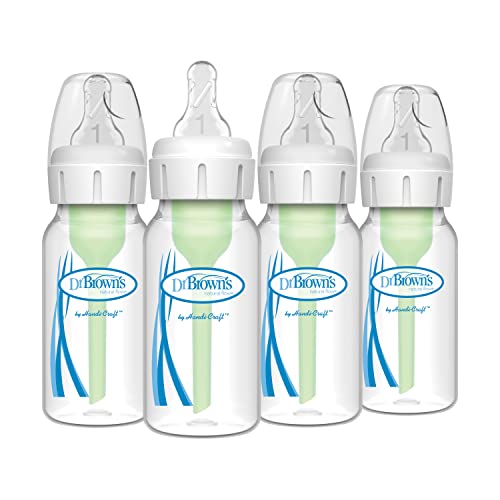
6. HIP HEALTHY: This carrier is acknowledged by the International Hip Dysplasia Institute as a hip healthy product. The Omni Breeze is designed to provide the proper hip support for your baby and ensure their hips are in the correct “M” position.
Moby Wrap Baby Carrier | Classic | Baby Wrap Carrier for Newborns & Infants | #1 Baby Wrap | Go to Baby...
Cybex Maira Tie Baby Carrier, Adjustable Baby Carrier from Newborn up to 33 lbs, Denim Blue, One Siz...
Boppy Newborn Baby Carrier—ComfyHug | Blue Floral | Hybrid Wrap | 2 Carrying Positions, 0m+ 5
Texas Design Safety Certified Ergonomic DADA Hip Seat Baby Carrier Newborn to Toddler, Lumbar Support,...
1. Consider the Age and Weight of Your Baby:
One of the most important factors to consider when choosing a newborn baby carrier is the age and weight of your baby. Some carriers are designed for newborns, while others are for infants or toddlers. Therefore, it's essential to know your baby's age and weight to select the right carrier that can support your baby's body correctly.Pro Tips:
- Choose a carrier that supports your baby's head and neck, especially for newborns, whose muscles are not fully developed yet.
- For premature babies or those with medical conditions, seek advice from your doctor before using a carrier.
2. Comfort:
Another crucial factor to consider when selecting a newborn baby carrier is the comfort of both you and your baby. A carrier that's comfortable for you to wear for extended periods ensures you won't develop back or shoulder pain. On the other hand, your baby's comfort is paramount as it ensures they can sleep or relax peacefully while you carry them.Pro Tips:
- Choose a carrier with adjustable straps that allow you to customize the fit for maximum comfort.
- Look for carriers made with soft, breathable, and non-toxic fabrics that are gentle against your baby's skin.
- Consider a carrier with a padded waistband and shoulder straps to distribute your baby's weight evenly.
3. Ease of Use:
Your newborn baby carrier should also be easy to use and adjust, especially when you're traveling alone. A carrier that is complicated to set up and wear can be frustrating and might even discourage you from using it.Pro Tips:
- Choose a carrier that is easy to put on and take off, like a sling or wrap carrier.
- Consider carriers with adjustable straps or buckles that enable you to adjust for various carrying positions quickly.
- Choose carriers that are machine washable and easy to clean to save you time and energy.
4. Safety:
Your newborn baby carrier must be safe and secure for your baby. Look for carriers that have been tested and certified for safety standards.Pro Tips:
- Choose carriers that have been certified to meet the requirements of the Consumer Product Safety Commission (CPSC).
- Ensure that the carrier is fitted correctly and that your baby's airways are clear and not obstructed when you are wearing them.
- Never wear a carrier while cooking, jogging, or engaging in any other hazardous activity.
5. Style and Design:
The style and design of your newborn baby carrier are vital as they not only affect your baby's comfort but also your overall appearance. Carriers come in various styles and designs, from slings to backpacks, and choosing the right one depends on your preference and lifestyle.Pro Tips:
- Choose a carrier that matches your personality and style.
- Consider the various wearing positions of each carrier and how they fit your lifestyle.
- Choose carriers that can be used universally for different seasons, weather, and occasions, such as picnics, walks, or errands.
Conclusion:
In conclusion, selecting the right newborn baby carrier requires careful consideration of various factors, such as comfort, safety, ease of use, style, and design. By following these valuable tips, you can choose a quality carrier that meets your needs, enabling you to travel conveniently and safely with your newborn baby.Related Topics You Might Like






















